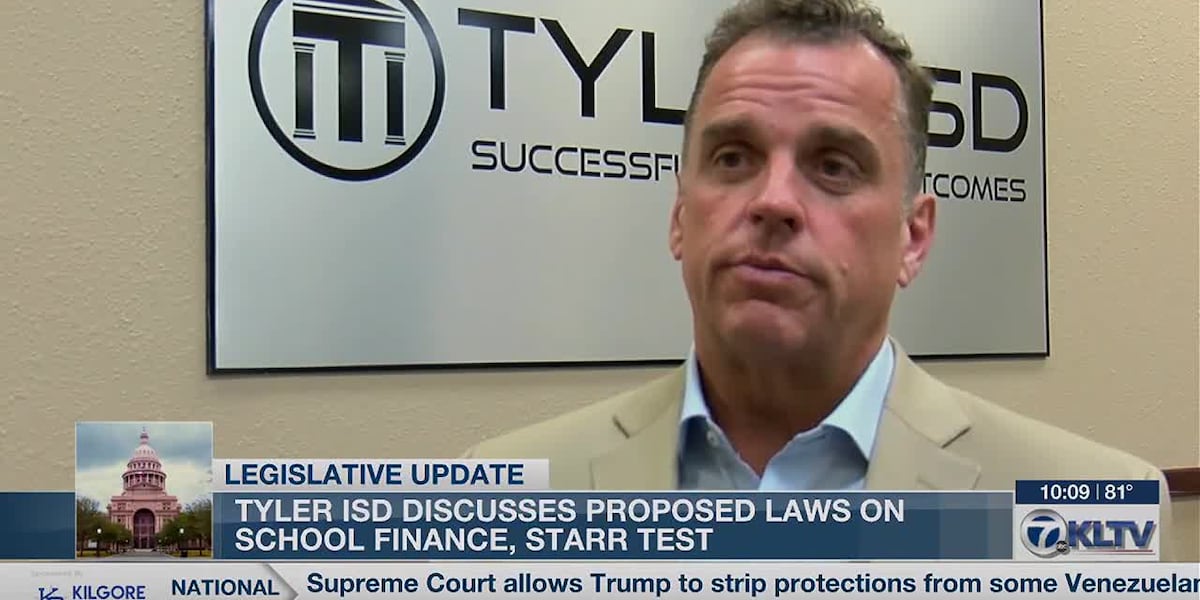Secure Your Future: A Comprehensive Guide to MBA Loans in 2025
Pursuing an MBA is a significant investment in your future, and understanding your financing options is crucial. This comprehensive guide breaks down the world of MBA loans for 2025, comparing federal and private loan choices to help you make an informed decision. Whether you're just starting your application process or are already enrolled, we'll cover everything you need to know to fund your business school journey.
Understanding the Landscape: Federal vs. Private MBA Loans
The first step is understanding the key differences between federal and private MBA loans. Federal loans are backed by the U.S. government and generally offer more borrower-friendly features, such as income-driven repayment plans and potential loan forgiveness programs. However, federal loan limits can be restrictive, especially for those with high tuition costs.
Private loans, on the other hand, are offered by banks, credit unions, and online lenders. They typically have higher interest rates but may offer more flexibility in loan amounts. It's crucial to shop around and compare rates and terms from multiple lenders.
Federal MBA Loan Options: Your Foundation
Let's explore the federal loan options available to MBA students:
- Direct Unsubsidized Loans: Available to graduate students regardless of financial need. Interest accrues from the time the loan is disbursed.
- Direct PLUS Loans for Graduate Students: These loans allow graduate students or their parents to borrow up to the cost of attendance minus other financial aid. A credit check is required.
Important Note: Federal loan interest rates are set annually and are generally lower than private loan rates. Be sure to check the current rates for 2025.
Private MBA Loan Options: Bridging the Gap
When federal loans aren't enough to cover the full cost of your MBA, private loans can help. Here are some popular lenders to consider:
- Sallie Mae: Known for competitive rates and flexible repayment options.
- Discover: Offers student loans with rewards and cash-back options.
- SoFi: Provides student loan refinancing and other financial products.
- Citizens Bank: A traditional bank with a range of student loan options.
Tip: Always compare the APR (Annual Percentage Rate) when comparing private loans, as it reflects the total cost of borrowing, including interest and fees.
Key Considerations for Choosing an MBA Loan
Before you commit to a loan, consider these crucial factors:
- Interest Rates: Compare both fixed and variable rates.
- Repayment Options: Understand the different repayment plans available and choose one that aligns with your financial goals.
- Loan Fees: Be aware of any origination fees, late payment fees, or prepayment penalties.
- Credit Score: Your credit score will significantly impact your interest rate and loan approval.
- Borrower Benefits: Look for lenders that offer benefits like forbearance options, grace periods, or loan discounts.
Planning for Repayment: A Long-Term Strategy
Paying off your MBA loans is a marathon, not a sprint. Develop a solid repayment strategy that considers your future income potential. Explore options like income-driven repayment plans (for federal loans) or refinancing (for both federal and private loans) to potentially lower your monthly payments.
Looking Ahead to 2025
The landscape of MBA financing is constantly evolving. Stay informed about changes in interest rates, loan programs, and repayment options. Consult with a financial advisor to create a personalized plan that will help you achieve your career goals without being burdened by excessive debt.






